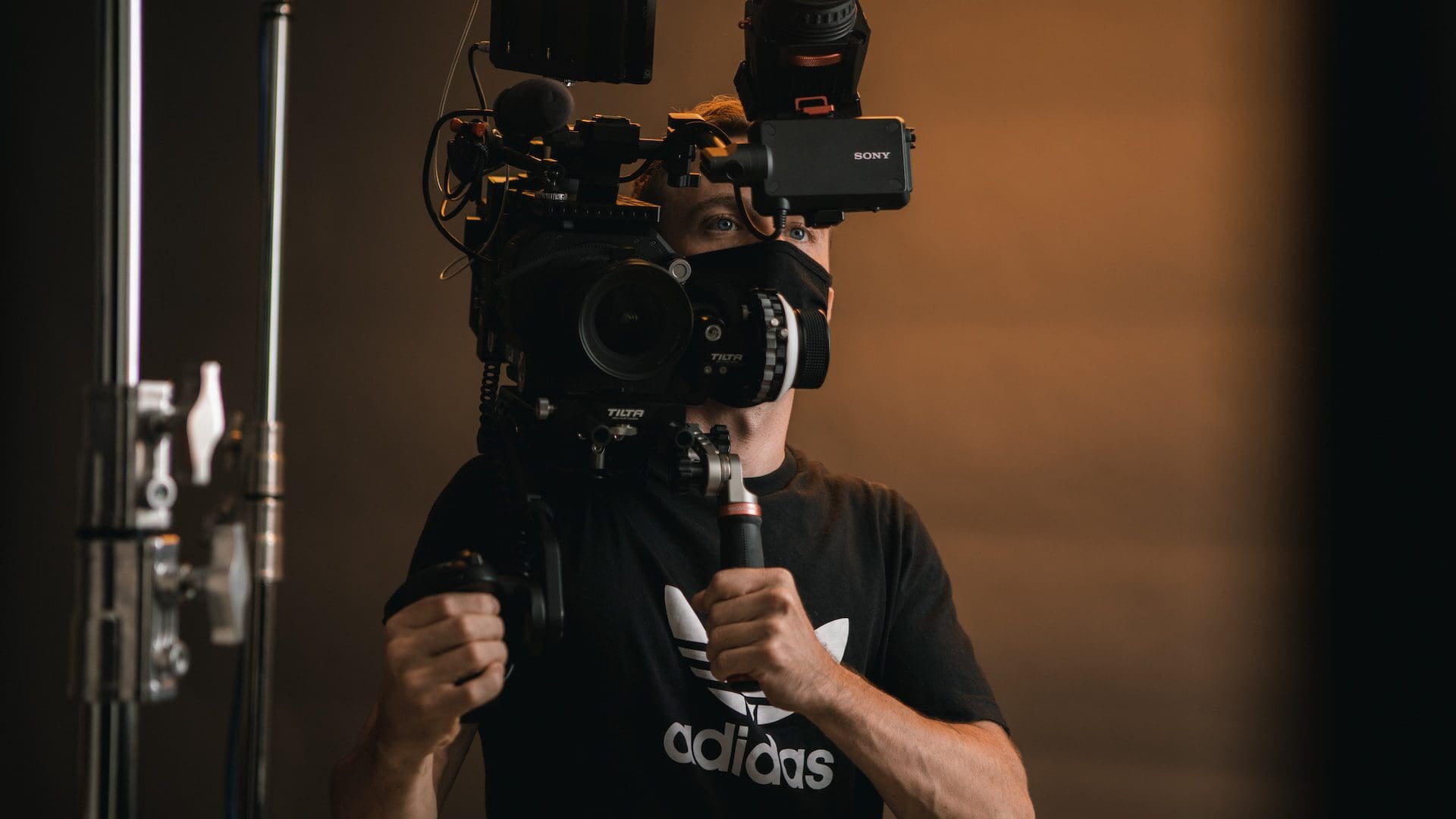By Vivian Ho
See original post here.
Michael Tubbs had just been elected the youngest and first Black mayor of Stockton, California, when he announced his intention to launch what would be the country’s first universal basic income program in decades.
The year was 2017, and the plan was to pay some residents $500 a month, no strings attached. Tubbs received death threats over the program. His critics accused him of disincentivizing work – if the government is handing out free cash, his critics asked, why would anyone want to get a job? They claimed that this was just a way for Tubbs to give money to those in his inner circle.
A veritable lifetime has passed in the years since his announcement. The program launched. The 125 participants of the Stockton program showed that they used that extra $500 a month not for luxuries or frivolities, but to pay off debt, obtain full-time jobs and get medical treatment like dental work that they had put off for years because they could not afford it. Andrew Yang made universal basic income a tentpole of his 2020 campaign for president. Then the pandemic hit and the federal government implemented versions of guaranteed income with the Cares Act and its direct payments to Americans, and the child tax credit to Americans with children.
Now, more than 100 cities and jurisdictions around the country have launched their own guaranteed income programs. “When you’re in it, you don’t see how the pendulum has swung,” Tubbs said in an interview. “But wow – the pendulum has swung so much.”
In It’s Basic, a documentary premiering at this year’s Tribeca film festival, Tubbs, an executive producer on the film and director Marc Levin seek to capture the scope of that pendulum swing. Speaking to participants in programs from Los Angeles, California, to St Paul, Minnesota and Newark, New Jersey, Tubbs and Levin show the human side of guaranteed income – working, according to Tubbs, to dispel a 400-year myth over who is deserving of government aid and who is not.
“For 400+ years, we’ve been fed this narrative that those who have wealth have it because they’re smart and work hard and those who don’t have wealth don’t have it because they’re not deserving or lazy,”
Tubbs told the Guardian. “That narrative is a lie, if you look at the history of this country. You have wealth created by the exploitation of genocide, by centuries of free labor, free everything, free childcare. People paid nothing for some of the most expensive line items for everyone. And yet we’re surprised that some people have a lot of wealth and some people don’t have anything.”
The basis of guaranteed income is simple: poverty, a problem at the crux of so many societal woes, can be solved with money and it is the government’s job to solve it. It’s a guaranteed monthly income without the requirements that come with a welfare program – requirements that often keep recipients in poverty when the program benefits outweigh any job or income advancement they could make. “We’re talking about like life-changing impacts for a very small amount of dollars, in the grand scheme of things,” Tubbs said.
For a single mother caring for her four children and her stepbrother’s two children in St Paul, that extra income each month meant she could finally save up for a down payment on a house in a better neighborhood from where she grew up. It meant Portia Willis, a single mother escaping domestic violence in Cambridge, Massachusetts, could go to nursing school. “The difference it makes to get $500 a month is freedom to avoid eviction, getting your electricity cut off,” Willis said in the film. “It’s given us a chance to take our lives back.”
For Nyerere Carter and his family, the $500 a month they received through the Newark Movement for Economic Equity program meant he no longer had to work 18-hour days in order to make up for his wife’s loss of income during the pandemic. “America has always sold this dream that you can come here, pursue your dreams and there’s nothing you can’t accomplish with hard work,” Carter said. “But all the hardworking people aren’t getting fair wages.”
Tubbs and Levin took care to ensure that the documentary showcased the full range of program participants. From a single father who used to teach at Harvard University to an unhoused mother and her infant daughter in Los Angeles, the film highlighted how poverty could happen to anyone, especially with more than 60% of Americans living paycheck to paycheck. “We’re talking about us,” Tubbs said. “These are people just like us.”
The documentary also focused on the range and variety of programs happening around the country today. The Stockton program was originally funded by a grant from the Economic Security Project, but some programs today are drawing directly from their governmental budgets. While most provide income to a handful of randomly selected local low-income families, a program in St Paul is centered around refugees while a program in Gainesville, Florida, gives money to recently incarcerated individuals who are coming out of prison or jail.
“I think the general public does not appreciate the difficulty that people face coming out of incarceration,” Kevin Scott, director of the Gainesville program, said in the film. “You are 10 times more likely to be homeless the second your foot steps out of the prison, but regardless, there’s any number of fees a person may face. Court fees, probation fees – if somebody can’t keep up with their payments, they lock them back up. You are simply too poor to be free.”
For Tubbs, the Gainesville program shows just how far the pendulum has swung for guaranteed income. “It is so bold, so courageous, because it challenges not just notions of poverty, but notions of crime and criminality,” said Tubbs, whose father has been incarcerated in California state prison for most of his life.
“I hope this film inspires people to recognize that courage begets courage. Sometimes the scary thing to do is to just do it.”
Tubbs knows his name will always be closely tied to guaranteed income, especially after founding the non-profit, Mayors for a Guaranteed Income, in 2020. Although he lost his bid for re-election that same year – he does not think his push for guaranteed income was the sole reason behind his loss, but “this program was indicative of the way I governed” – his work to end poverty continues.
“I think sort of knowing that 125 people in Stockton wasn’t going to solve poverty, I had an inkling that there would be a way to build momentum,” he said. “I just feel incredibly proud because now as the film shows, it’s so much bigger than me.”
He added: “I’d be more proud when it becomes a policy – when we have no more pilot programs, when it becomes like Medicare, when 50 years from now, no one even knows how it started but it’s just like, yeah, we’ve always had this.”
- It’s Basic premiered at the Tribeca film festival and will be released at a later date





















